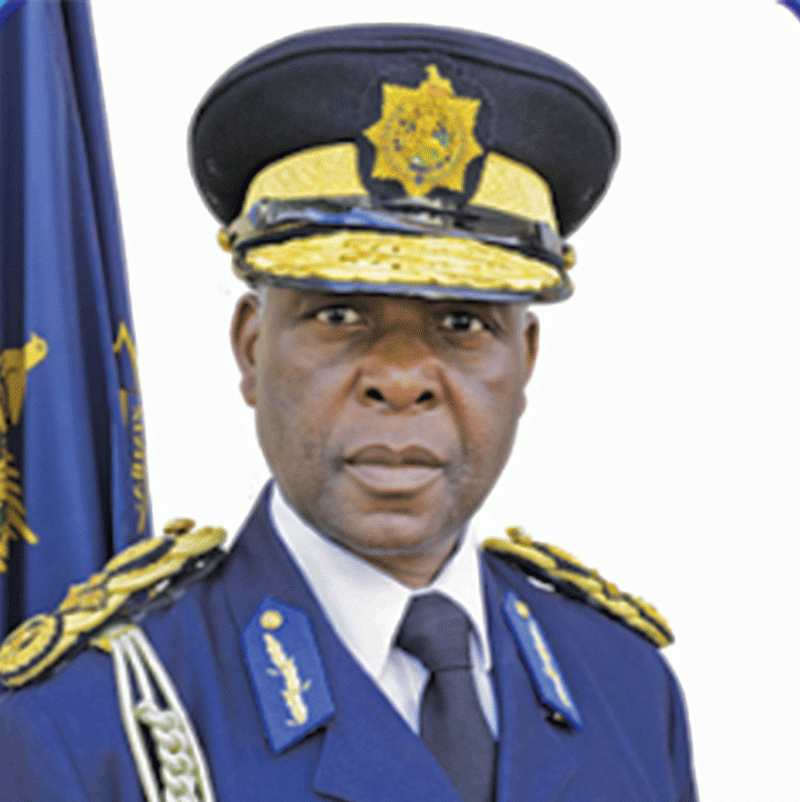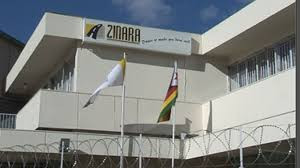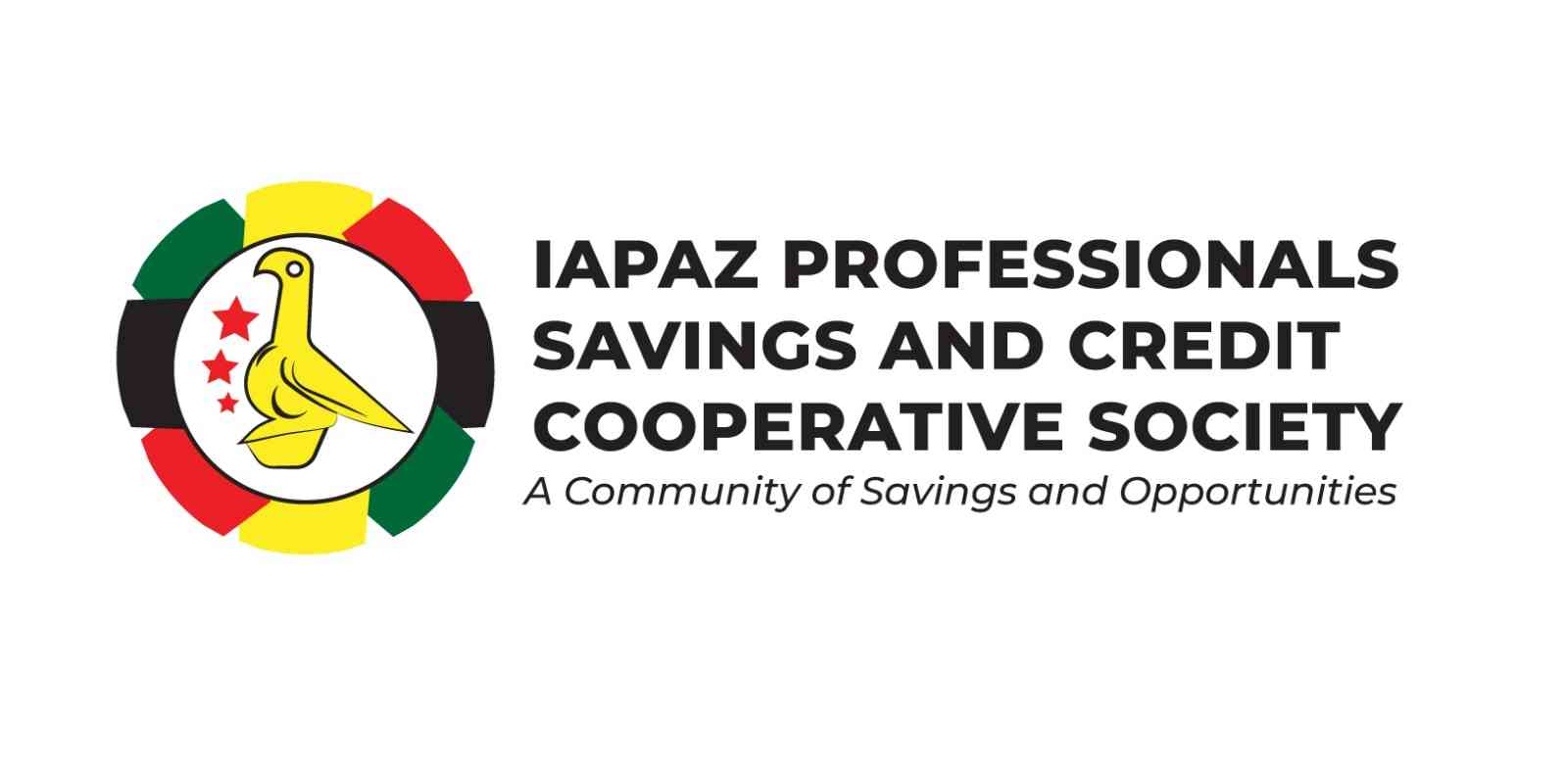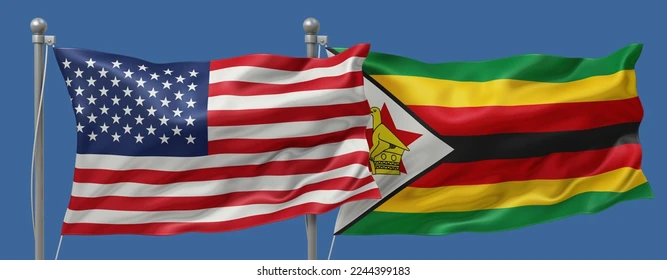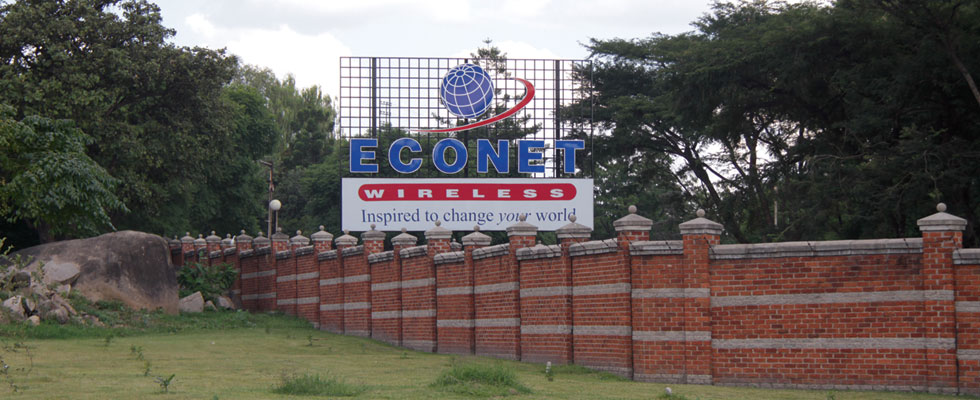
GOVERNMENT last night gave Econet Wireless up to Friday to remove its telecommunications equipment and that of its sister company Liquid Telecomms from State infrastructure after the mobile operator rejected orders to share facilities with its competitors.
BY NDAMU SANDU
Econet had in a statement published yesterday described government’s directive compelling players in the industry to share infrastructure as tantamount to compulsory acquisition of its infrastructure.
“In our view, it is unfair to compel sharing of infrastructure where one party does not have the infrastructure that the other needs. That is tantamount to compulsory acquisition of infrastructure from one operator who has chosen to invest in infrastructure, for the benefit of another that chose to invest in other assets that are either not available for sharing, or that we do not need,” Econet said.
This statement appeared to have stoked the fire for Econet as ICT, Postal and Courier Services minister Supa Mandiwanzira last night hit back at the listed firm, accusing the mobile operator of trying to whip up public resentment against the Zanu PF government and its policies.
Said Mandiwanzira: “If Econet is very serious about its statements published today [yesterday] that it rejects infrastructure sharing, we hereby challenge them to remove their equipment and that of their related company Liquid from all TelOne and ZETDC [Zimbabwe Electricity Transmission and Distribution Company] infrastructure which they already enjoy significant-sharing.
“I challenge them to remove their installations on TelOne infrastructure and for Liquid to remove their fibre optic cable on ZETDC pylons by Friday this week. If they do so within this time frame, then the Government of Zimbabwe will take their position to reject infrastructure-sharing seriously.”
He accused the company of extorting money from consumers.
- Chamisa under fire over US$120K donation
- Mavhunga puts DeMbare into Chibuku quarterfinals
- Pension funds bet on Cabora Bassa oilfields
- Councils defy govt fire tender directive
Keep Reading
“No mobile network, no matter how big or arrogant, should be allowed to grandstand in the media by pretending to be the protector of consumers when it is in fact extorting the consumers by its totally overpriced products. “As the ministry responsible for the telecommunications sector in this country, we take what Econet says seriously because it is a big player in the market,” he said.
Mandiwanzira said it was common cause that Zimbabweans were being overcharged by cellphone companies both in terms of voice and data services.
“The only reason given by the same networks is that they have invested a lot of money in building infrastructure which includes base station towers and deploying fibre links across the country and, therefore, they need to overcharge in order to recover the cost.
“As a ministry, we are very concerned that data charges being levied on Zimbabwean subscribers, by most networks, especially Econet, are unjustifiable except when you are resisting infrastructure-sharing.”
He said deployment of up to three mobile phone towers on a mountain by the three networks in the country — each one with its own generator, security guard, own imported steel when one such tower can serve all, was environmentally unfriendly and economically unsound.
“We know that all these unnecessary costs are being passed onto Zimbabwean consumers and government rejects this daylight robbery of our people,” he said.
Mandiwanzira added that infrastructure-sharing was not an invention of the government, but a global best practice done to rationalise investments in the telecommunications industry to avoid duplication or triplication of infrastructure as is the case in Zimbabwe.
The key objective for sharing was to make services cheaper for consumers and save the country the unnecessary cost of infrastructure importation, he said.
Econet claimed that it had 80% of the telecommunications infrastructure in the country and should not be obliged to share that with its competitors who have done little.
“Therefore, the type of infrastructure-sharing under the debate is not feasible. It is a disguised, unconstitutional form of compulsory acquisition of our infrastructure,” the company argued.
Econet said it was confident government would see through this ploy “as they have already spoken out about the uneven playing field where Econet has paid a licence fee of $137,5 million and our competitors have not”.
Early this month, Mandiwanzira said Cabinet had approved the closure of Telecel Zimbabwe for failing to pay licence fees and comply with the country’s indigenisation policy.
Econet, through its subsidiary Steward Bank, last week raided a business new agency, The Source, in Harare accusing its journalists of using stolen confidential documents to write stories.
The move drew condemnation from media rights groups who accused the mobile operator of using its financial muscle to silence the media.

